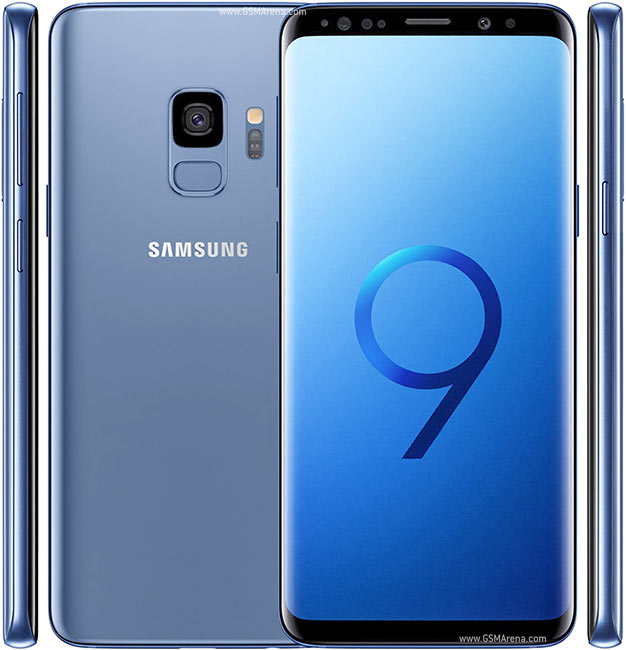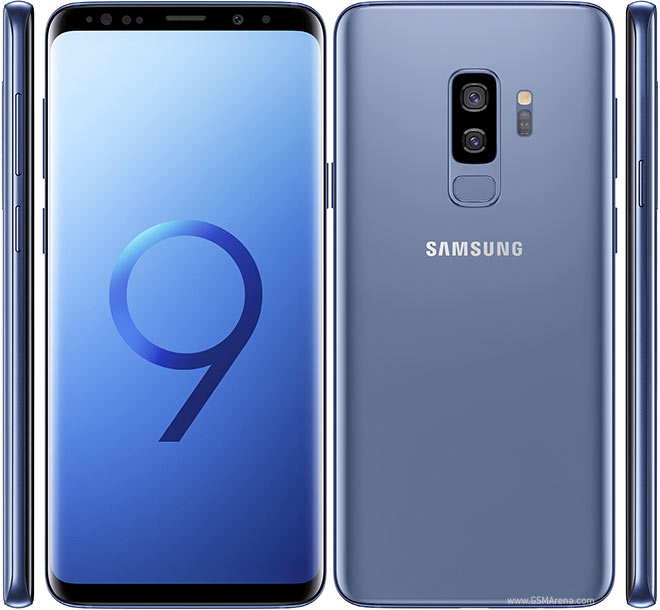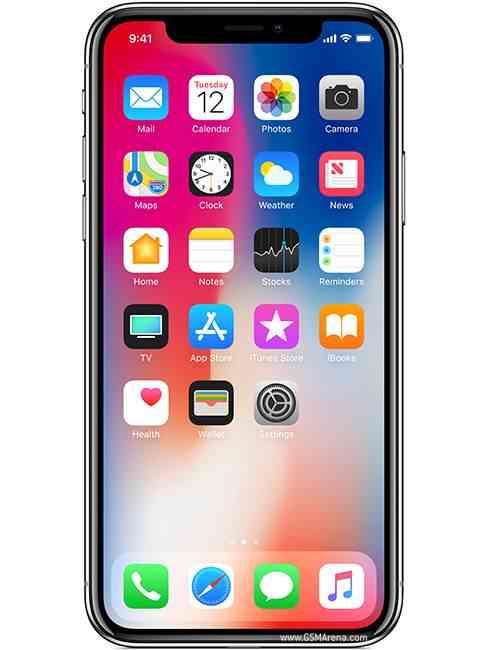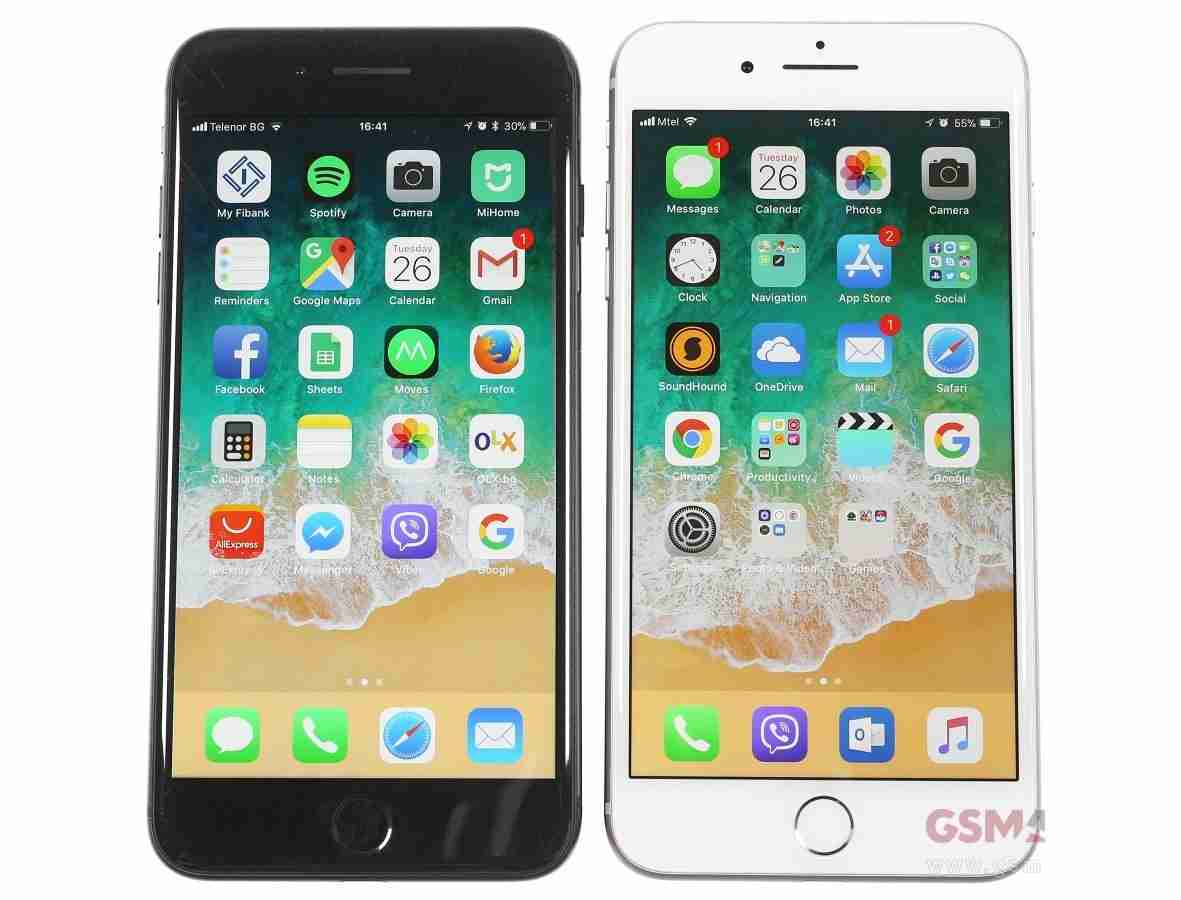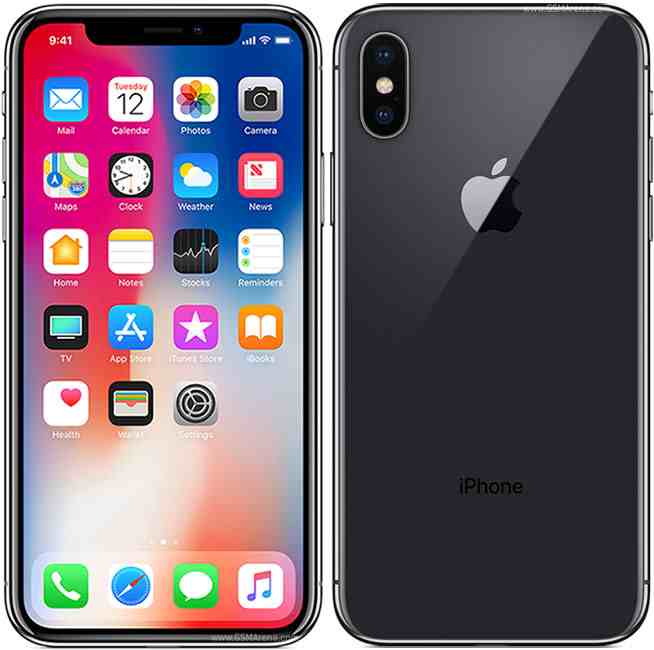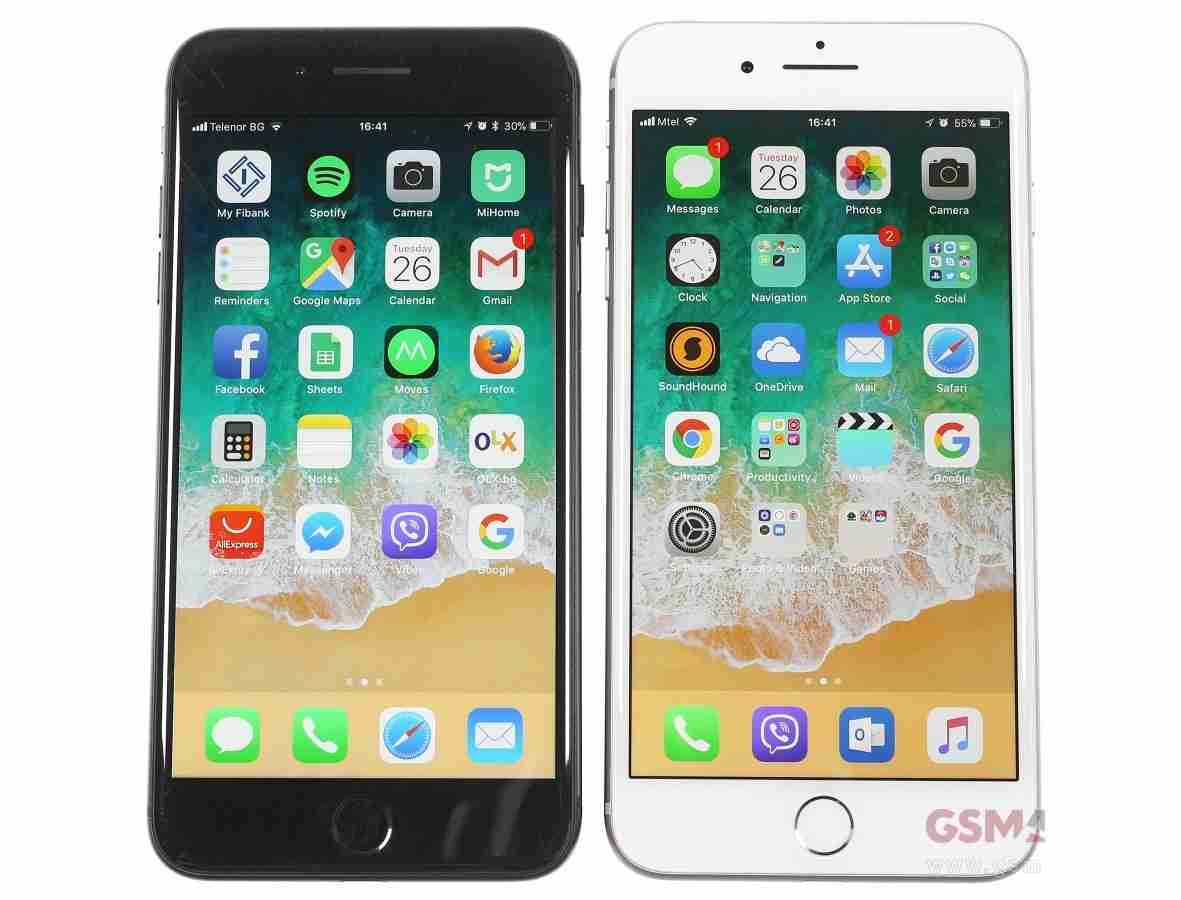Naturally, much of Brennan-Jobs' overview of her childhood includes numerous passages regarding her father's "coldness." Still, the author doesn't want "Small Fry" to be regarded as a tell-all about Steve Jobs, but as more of a "nuanced portrait of a family," as well a book about her own story and not her father's.
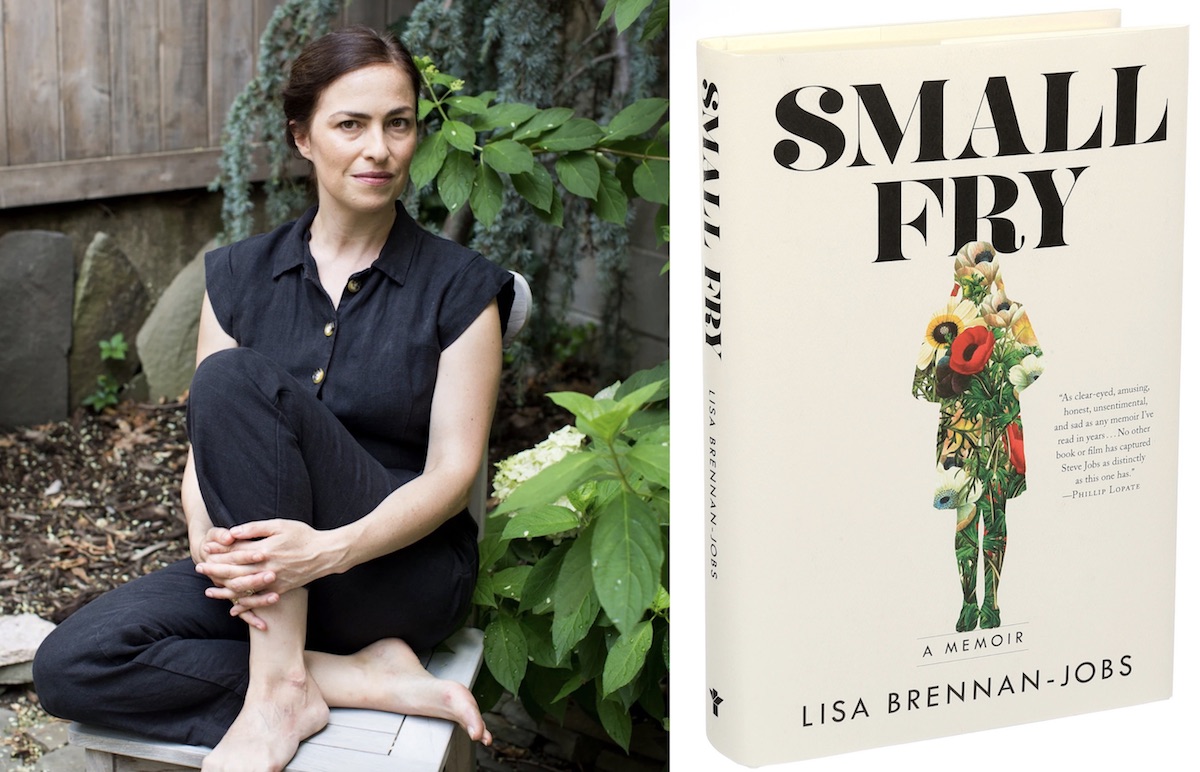
Brennan-Jobs says she began work on what would eventually become "Small Fry" in 2011, not long after Jobs passed in October of that year. She returned to Silicon Valley over the years, interviewing her family, her mother's ex-boyfriends, and Jobs' own ex-girlfriend. In an effort to ensure she'd finish the book on her own terms, she took a 90 percent cut in her book advance and switched from Penguin Press to a smaller publisher named Grove.
Brennan-Jobs focuses much of the memoir on her parents, and her mother Chrisann Brennan has already read the book:
Her mother, Ms. Brennan, is portrayed as a free spirit who nurtured her daughter’s creativity — but could be mercurial, hot-tempered and sometimes neglectful. “It was horrendous for me to read,” Ms. Brennan said in an interview. “It was very, very hard. But she got it right.”She also recounts numerous instances when her father would "frequently" use money to "confuse or frighten her," during the years when he claimed paternity:
Ms. Brennan said that her daughter has, if anything, underplayed the chaos of her childhood. “She didn’t go into how bad it really was, if you can believe that,” she said.
Ms. Brennan-Jobs describes her father’s frequent use of money to confuse or frighten her. “Sometimes he decided not to pay for things at the very last minute,” she writes, “walking out of restaurants without paying the bill.” When her mother found a beautiful house and asked Mr. Jobs to buy it for her and Lisa, he agreed it was nice — but bought it for himself and moved in with his wife, Laurene Powell Jobs.Brennan-Jobs also recounts "moments of joy" that she had with Jobs, stating that ultimately she has forgiven her father, and her goal is that she wants the reader to forgive him too:
But “Small Fry” also contains moments of joy that capture Mr. Jobs’s spontaneity and unparalleled mind. When Ms. Brennan-Jobs goes on a school trip to Japan, he arrives unannounced and pulls her out of the program for a day. Father and daughter sit, talking about God and how he sees consciousness. “I was afraid of him and, at the same time, I felt a quaking, electric love,” she writes.According to Brennan-Jobs, her father did grant her a "movie ending" by apologizing to her toward the end of his life for not spending more time with her, disappearing during her adulthood, forgetting birthdays, and not returning phone calls. She recalls the moment, stating that Jobs claims he acted the way he did in her adulthood because he was offended that she "didn't invite" him to a matriculation event at Harvard during her first year. He ultimately stated "I owe you one."
Triumphantly, she loves him, and she wants the book’s scenes of their roller skating and laughing together to be as viral as the scenes of him telling her she will inherit nothing.
“Have I failed?” she asked, in one of our conversations. “Have I failed in fully representing the dearness and the pleasure? The dearness of my father, and the outrageous pleasure of being with him when he was in good form?”
"Small Fry" will be available to buy on September 4, and you can read more from The New York Times' interview with Lisa Brennan-Jobs right here.
Discuss this article in our forums




